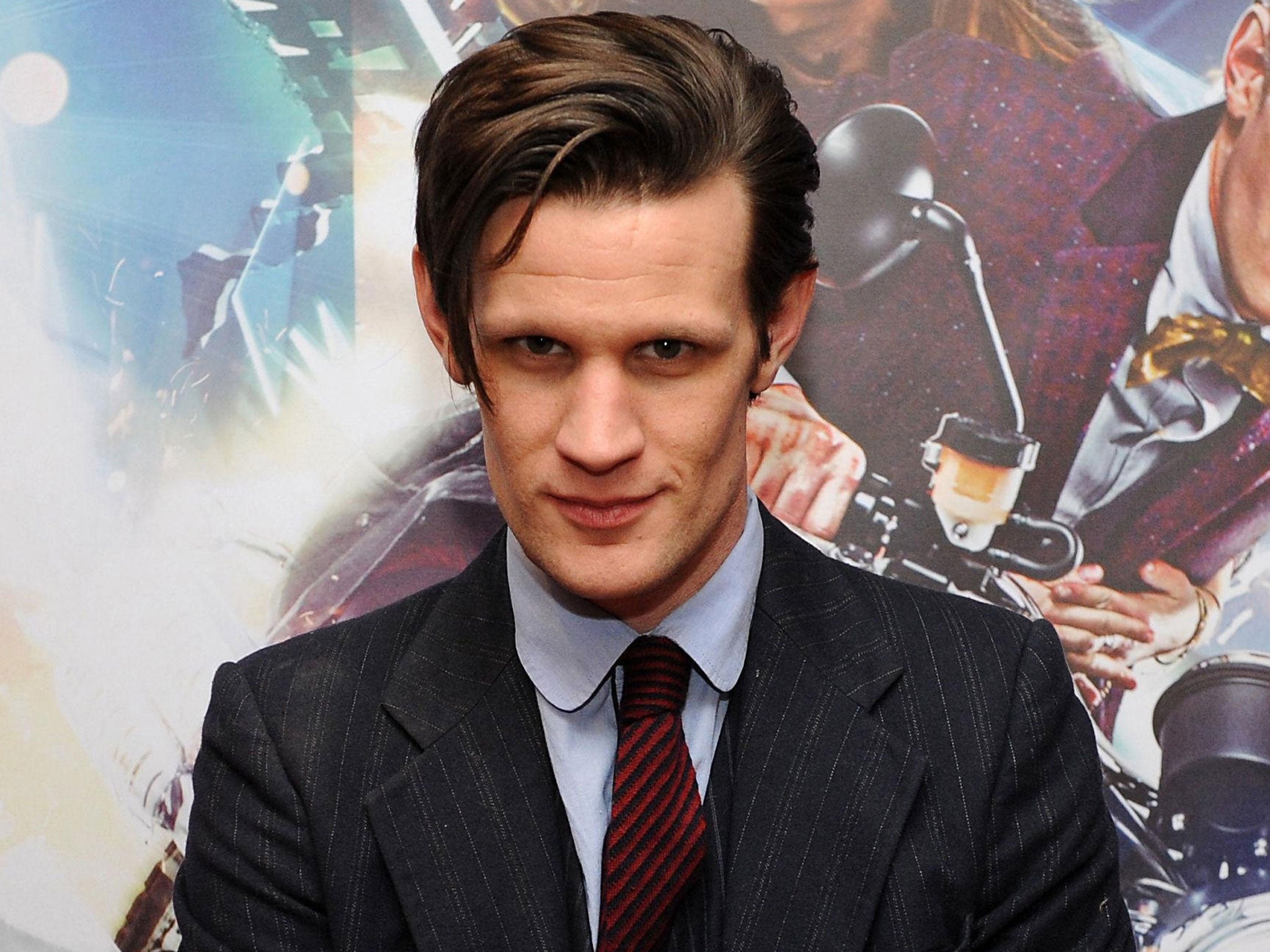So some feminists are calling for a female Dr Who - but isn't that missing the point entirely?
There are already several great female characters in Dr Who. What's truly special about the long-running programme is what an unusual role model it offers for boys

In the strange and brilliant world of Dr Who viewers expect their preconceptions to be challenged. Perhaps that’s why I find myself in the bizarre position of agreeing with both the Daily Mail and Louise Mensch. This is not something that makes me feel comfortable, but the idea of The Doctor becoming a woman isn’t appealing to this feminist.
I have been watching the programme for about 6 years now – completely by accident. I’d seen it as a youngster of course - I knitted a Tom Baker scarf and hid behind the sofa like the rest of my flare-wearing long-haired pals. But I hadn’t taken any notice for years. Then one day, with my 18 month old daughter in her highchair playing with toys and the TV on, I left the room. When I returned from making the tea I found her, toys discarded, mesmerised by the screen. What was she watching? I asked her. “Be quiet Mummy.” A few seconds later I saw the blue box and was surprised to feel myself immediately transported through time with a familiar chill running down my spine. “You can’t watch this!!” I went to turn it off. “No Mummy! I’m watching!” I felt guilty. Guilty that I was about to upset my daughter by switching off the TV, guilty for leaving the TV on in the first place and guilty because I went to Catholic school (that’s not relevant).
My conversation then became as surreal as the programme: “You can’t watch it because it will give you nightmares...you don’t know what nightmares are...but it means you can’t watch it...you are supposed to watch it behind the sofa...I think Social Services would be called if anyone knew I’d let you watch this....” Each odd statement was greeted with a “shhuuuu” or “Be quiet Mummy!” and I must admit I started to become fascinated by her face, she was there.
I decided, against my better judgement, to sit down on the sofa next to the highchair and whisper a kind of nightmare prevention commentary into her ear as she watched. “That’s a man dressed up” (very helpful) “That’s made using a computer” and so on...
But as I watched the programme and became reacquainted with this clever, gentle, funny chap, I started to enjoy it as much as my tiny girl. And I instantly saw a potential role model.
Six years on and The Doctor has never let me down. He’s helped to reinforce the values that I hold dear and we have genuinely enjoyed the “appointment TV” family viewing time the programme has provided.
David Tennant and Matt Smith have become familiar faces in our house – on books, puzzles, action figures, you name it – but so have Alex Kingston, Freema Agyeman and Karen Gillan.
I’ve heard some funny comments this week, Dr Who being racist, sexist and not dealing with real issues being three of them. Having watched hours of the programme and its spin off series The Sarah Jane Adventures, I’ve heard all of those issues being dealt with beautifully. And episodes like Richard Curtis’ 'Vincent and the Doctor', which tackled the taboo of mental illness, have given me some great material to work with as a mother. Not to mention the introduction of many other historical figures – bringing them to life and making them interesting – as well as the parts of our story written into the Doctor’s adventures, including slavery and the stealing of natural resources.
But by far the most valuable contribution to the younger generation has to be the fact that the Doctor is the only non-violent “superhero” male role model. He solves problems through talking and he’s proud to be a science-loving, socially awkward geek. He’s the hero of boys and girls. But most of all he shows boys that violence and aggression won’t get them what they want. Being clever, not conforming, being kind, talking – these are the ways to be a hero.
My daughter will love the Doctor whether he’s a boy or a girl – River Song and Amy Pond are her heroes too - and I hope she still feels the same long after One Direction fade into another dimension, but being a feminist and calling for him to become a woman is missing a massive point.
As feminists we are always asking men to change, to become less aggressive, and to value equality. The idea of feminists arguing that we should take away the only male role model that appears to use his brain rather than weapons or fists seems rather alien to me.
Join our commenting forum
Join thought-provoking conversations, follow other Independent readers and see their replies
Comments